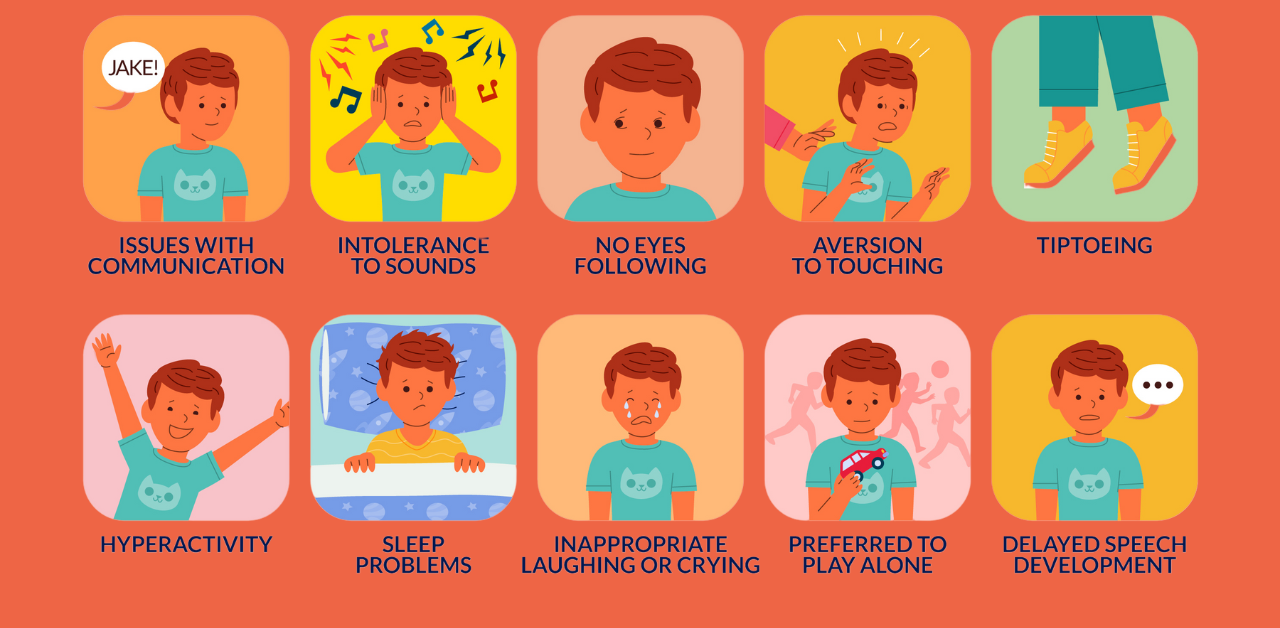Overcoming imposter syndromes is a common psychological phenomenon that is characterized by persistent feelings of self-doubt and inadequacy, despite external evidence of one’s accomplishments and abilities. It is particularly prevalent among high-achieving individuals who fear that they have somehow managed to fool others into believing that they are more competent than they actually are. Imposter syndrome can have a profound impact on one’s self-esteem, relationships, and career, leading to feelings of anxiety, depression, and burnout. However, there are strategies that individuals can use to overcome imposter syndrome and regain their confidence. Imposter Syndromes is a psychological pattern where individuals doubt their skills, accomplishments, and experiences and have a persistent fear of being exposed as a fraud. Here are some tips for building self-confidence and overcoming imposter syndrome and tips for self confidence
Recognize and acknowledge your feelings:
The first step to overcoming imposter syndromes is to recognize and acknowledge that you are experiencing it. It’s okay to feel like an imposter, but it’s important not to let those feelings take over your life. Overcoming Imposter Syndromes is a psychological pattern in which an individual doubts their own abilities and feels like a fraud, even in the face of evidence to the contrary. To overcome this syndrome, it’s important to recognize and acknowledge your feelings of self-doubt and understand that they are common and normal.
Identify your strengths:
Make a list of your strengths, skills, and accomplishments. It can be helpful to ask others for feedback as well. Recognizing what you are good at can help you feel more confident. Imposter Syndrome is a common feeling of self-doubt or inadequacy that affects many people. To overcome it, it can be helpful to identify your self-confidence strengths. This can include recognizing your skills and accomplishments, acknowledging positive feedback from others, and focusing on your personal growth and progress. By building on these strengths, you can boost your confidence and reduce feelings of imposter syndrome.
Challenge your negative thoughts:
When negative thoughts about yourself or your abilities creep in, challenge them. Ask yourself if the thought is based in reality or if it is just your imposter syndrome talking. Overcoming Imposter Syndromes involves challenging negative thoughts by recognizing and questioning them. It’s important to identify the evidence for and against these thoughts, and to consider alternative perspectives. It can also be helpful to seek support from others and to remind yourself of your accomplishments and strengths.
Practice self-care:
Taking care of yourself can help you feel more confident and less stressed. This can include getting enough sleep, eating well, exercising, and doing activities that you enjoy. Imposter Syndrome can be overcome by recognizing your accomplishments, reframing negative thoughts, seeking support, and setting realistic expectations. Self-care involves taking care of your physical, emotional, and mental well-being by practicing healthy habits, setting boundaries, and engaging in activities that bring you joy and relaxation.
Celebrate your successes:
When you achieve something, no matter how small, take time to celebrate it. Acknowledge your hard work and success, and allow yourself to feel proud. To overcome imposter syndrome, acknowledge your accomplishments and remind yourself of your strengths. Focus on what you can control, set achievable goals, and seek support from mentors or a therapist. Celebrate your successes by taking time to reflect, sharing your achievements with others, and rewarding yourself for your hard work.
Set achievable goals:
Set goals for yourself that are challenging but achievable. As you meet these goals, you will gain confidence and feel more capable. To overcome imposter syndrome, acknowledge your accomplishments and remind yourself of your strengths. Focus on what you can control, set achievable goals, and seek support from mentors or a therapist. Celebrate your successes by taking time to reflect, sharing your achievements with others, and rewarding yourself for your hard work. Remember that overcoming imposter syndrome takes time and effort. Be patient with yourself and focus on building your self-confidence one step at a time.
Conclusion:
Imposter syndrome is a common phenomenon where individuals doubt their abilities and feel like a fraud despite evidence of their competence. To overcome this, it is essential to acknowledge and challenge negative thoughts, seek support and feedback, focus on personal growth rather than perfection, and recognize that mistakes and failures are part of the learning process. Building self-confidence requires consistent practice, taking risks, celebrating successes, and embracing failures as opportunities for growth. With determination and perseverance, one can overcome imposter syndrome and cultivate a strong sense of self-confidence.
FAQs:
Does imposter syndrome go away?
Imposter syndrome may never completely go away, but it can be managed and minimized. Developing self-awareness, focusing on your strengths, and seeking support from mentors or peers can help alleviate feelings of inadequacy and increase confidence.



